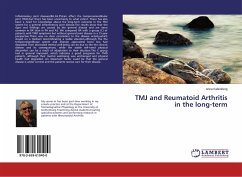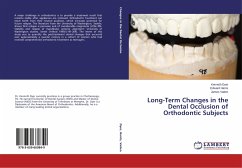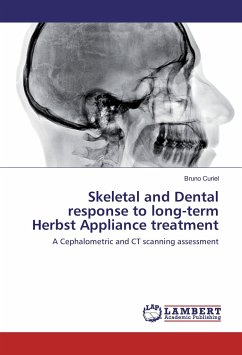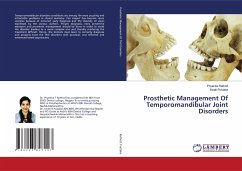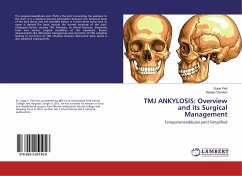Inflammatory joint diseases(RA,AS,PS)can affect the temporomandibular joint (TMJ),but there has been uncertainty to what extent. There has also been a need for knowledge about the long-term outcome in the TMJ system for a general inflammatory joint disease.The results show that the signs and findings are caused by the general disease and are more common in RA than in PA and AS. We compared RA with a group (C) of patients with TMD symptoms but without general joint disease in a 15 year perspective.There was no clear correlation to the disease activity,which stayed on a medium level,indicating a stable situation,although the the temporomandibular system and alveolar approximal bone loss had degraded.Their decreased mental well-being can be due to the the chronic disease and its consequences, while the stable self-rated physical discomfort can be a result of adaptation to their situation.The C group had in general improved, which indicates a good prognosis for TMD patients ,althoughtheir mental well-being was unchanged and physical health had degraded. An important factor could be that the general disease is under control and the patients receive care for their disease.
Bitte wählen Sie Ihr Anliegen aus.
Rechnungen
Retourenschein anfordern
Bestellstatus
Storno

